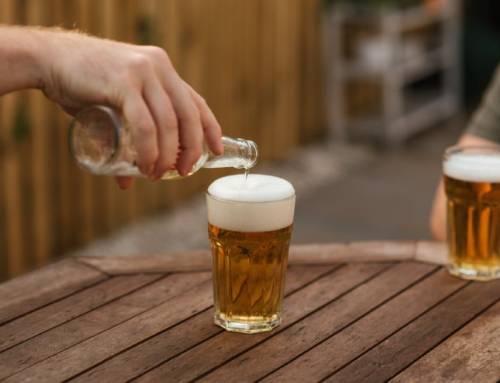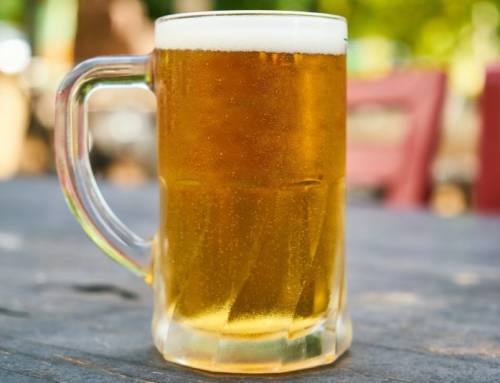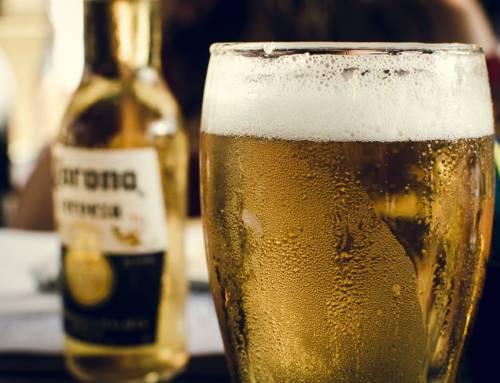Introduction
Alcohol consumption is a common social activity for many adults around the world. While moderate drinking is often considered acceptable, excessive alcohol consumption can lead to various health issues, including liver disease, cardiovascular problems, and addiction. However, one aspect that is often overlooked is the impact of alcohol on dental health. This article explores the various ways alcohol consumption can affect your teeth and gums, emphasizing the importance of moderation and good oral hygiene practices.
Seeking Professional Advice
If you notice any symptoms of dental issues such as increased tooth sensitivity, discoloration, dry mouth, or gum problems, it is important to seek professional advice. Visit Glow Dental Clinic for a comprehensive evaluation and personalized treatment plan. The experienced team at Glow Dental Clinic can help you manage the effects of alcohol on your oral health and provide tailored recommendations to keep your smile healthy.
The Direct Effects of Alcohol on Teeth and Gums
- Erosion of Tooth EnamelMany alcoholic beverages, especially wines, beers, and cocktails, are highly acidic. This acidity can erode the protective enamel on your teeth over time, leading to increased sensitivity, discoloration, and a higher risk of cavities. Once enamel is lost, it does not regenerate, making it crucial to protect this vital layer.
- Dry Mouth (Xerostomia)Alcohol is a diuretic, meaning it increases urine production and can lead to dehydration. One of the side effects of dehydration is dry mouth, where saliva production is reduced. Saliva is essential for neutralizing acids, washing away food particles, and protecting against tooth decay and gum disease. A dry mouth can create an environment where harmful bacteria can thrive, leading to dental problems.
- Increased Sugar IntakeMany alcoholic drinks, especially cocktails and liqueurs, contain high levels of sugar. Bacteria in the mouth feed on sugar, producing acids that attack tooth enamel and lead to cavities. Regular consumption of sugary alcoholic drinks can significantly increase the risk of dental decay.
- Staining and DiscolorationAlcoholic beverages, particularly red wine, beer, and dark liquors, can stain your teeth. These drinks contain chromogens, which are pigmented compounds that can stick to enamel and lead to discoloration. Additionally, tannins in red wine can make it easier for stains to adhere to teeth.
Indirect Effects of Alcohol on Dental Health
- Neglect of Oral HygieneExcessive alcohol consumption can lead to neglect of daily oral hygiene routines. People who are intoxicated may forget to brush and floss their teeth, allowing plaque to build up and increasing the risk of gum disease and cavities.
- Risk of Oral InjuriesAlcohol impairs coordination and judgment, increasing the likelihood of accidents and injuries. Falls, fights, and other accidents can result in chipped or broken teeth, jaw injuries, and other dental emergencies.
- Poor NutritionHeavy drinking often goes hand-in-hand with poor dietary choices, which can impact oral health. Alcoholics may replace nutritious foods with alcohol, leading to deficiencies in essential vitamins and minerals necessary for maintaining healthy teeth and gums.
- Increased Risk of Oral CancerChronic alcohol consumption is a major risk factor for oral cancer. Alcohol can act as an irritant, damaging the cells in the mouth and making them more susceptible to cancerous changes. The risk is even higher for those who both smoke and drink heavily.
Strategies for Protecting Dental Health While Drinking
- Moderation is KeyLimiting alcohol consumption is crucial for maintaining good oral health. The Centers for Disease Control and Prevention (CDC) defines moderate drinking as up to one drink per day for women and up to two drinks per day for men.
- Stay HydratedDrink plenty of water alongside alcoholic beverages to stay hydrated and help wash away sugars and acids from your teeth. This can also help combat dry mouth.
- Choose Drinks WiselyOpt for drinks with lower sugar content and avoid mixing alcohol with sugary mixers. If you enjoy wine, consider switching to white wine, which is less likely to stain your teeth than red wine.
- Maintain Good Oral HygieneBrush your teeth at least twice a day with fluoride toothpaste and floss daily. After consuming alcohol, wait about 30 minutes before brushing to avoid brushing away softened enamel.
- Regular Dental Check-upsVisit your dentist regularly for check-ups and cleanings. Your dentist can identify early signs of dental problems and provide professional advice on how to protect your teeth and gums.
- Use a Fluoride MouthwashUsing a fluoride mouthwash can help strengthen your enamel and provide additional protection against cavities, especially if you frequently consume acidic or sugary beverages.
Conclusion
While alcohol consumption is a common part of social life for many people, it is essential to be aware of its potential impact on dental health. Excessive drinking can lead to enamel erosion, dry mouth, tooth decay, and a higher risk of oral injuries and cancer. By practicing moderation, maintaining good oral hygiene, and making informed choices about the types of alcohol consumed, you can enjoy the occasional drink while minimizing the risk to your dental health. For personalized advice and comprehensive care, consider visiting your dentist regularly to ensure your smile stays healthy and bright.





